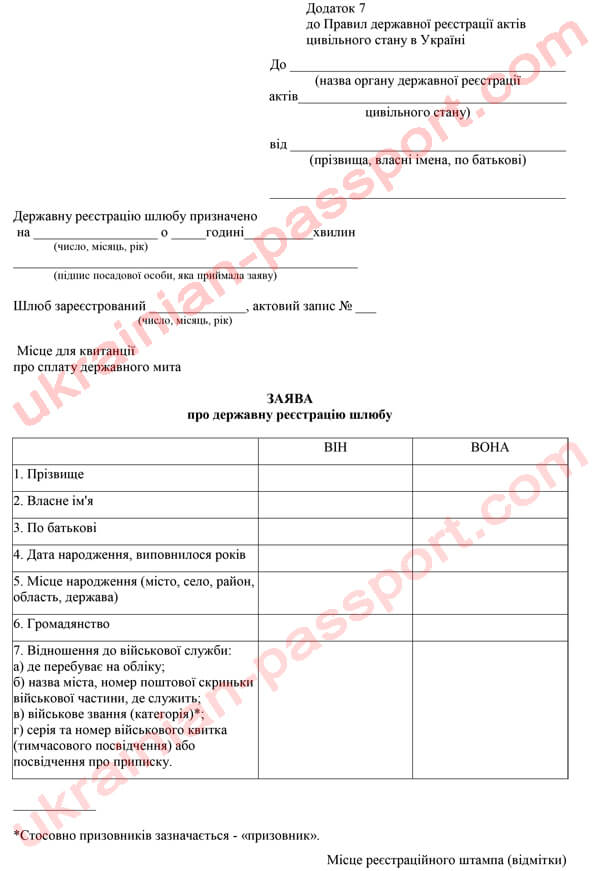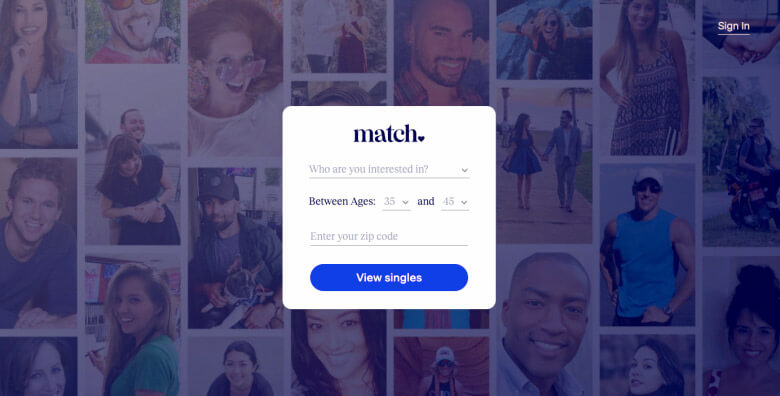This article is created for men who want to meet and communicate with Slavic women. For whom safety, legality and reliability of Ukrainian dating sites are important. Here are the best platforms with real reviews, real profiles, gorgeous ladies of different age categories, dating goals, type and social status.
International online dating with Ukrainian women
Meeting foreigner thousands of kilometers away is quite real and easy. Thanks to constantly developing digital technology, millions of people have found love outside of their homeland. There are many single Ukrainian women at Ukrainian dating sites. Their number is increasing daily. Beautiful and self-sufficient. Such qualities are appreciated by Western men who dream to get acquainted with Slavic women.
On Ukrainian dating sites men find a soul mate, a good friend, an interesting person to talk to. There are over 10,000 marriages with foreign nationals in America every year. There is no need to go to a marriage agency to find an overseas groom, it is enough to create an account on a specialized platform and start getting acquainted.
Statistics show: 65% of unmarried Ukrainian ladies are between the ages of 21 and 30. Why do Slavic women look for love outside their country? There are several reasons.
- Gender ratio. There are simply not enough men in the homeland. There are only 86.8 men per 100 women. For many girls, dating sites are a practical way to get rid of loneliness.
- Disappointment in “local” grooms. The beauty of a Ukrainian woman is admired all over the world, but “native” men have stopped noticing her. Insults, adultery, and quarrels have become the norm. Foreign guys are brought up differently, they have a different attitude to women.
Regardless of the reason for registering on the platform, this solution will allow you to plunge headfirst into romantic unforgettable adventures.
Top 7 best Ukrainian dating sites
Ukrainian dating sites are similar to each other, but differ in three main criteria: features, price and functionality. Each platform creates the best conditions for dating and communication. You can register on a free resource, but you shouldn’t expect much.
Paid options involve the purchase of a subscription – a guarantee of legitimacy, authenticity, and honesty. Below are proven and reliable resources where people who have passed identity verification can be found.
- Jolly Romance
A great dating platform with easy search options and the ability to browse profiles. Presented different options for advanced features and connections, a large number of active users, a simple interface, and affordable cost. You can order one of five packages with credits. For beginners there are special offers. Here are profiles of not only Ukrainian, but also Eastern European girls.
- The Lucky Date
Features many benefits and real positive reviews, convenient communication features, and several credit package options. There are free features and a mobile version. Each profile contains comprehensive information about the woman and high-quality photos.
- Ukraine Bride4you
Great Ukrainian site for dating women. Take advantage of advanced features: virtual gifts, etc. Free features become free when you collect the right amount of bonus points. You can view photos and profiles without using credits.
Registration is fast and simple – just a couple of questions. Verification is done by confirming the account. Cheating and fake pages are excluded. You can connect with a lady via video link or create a group chat.
- Sofia Date
The No. 1 platform according to numerous users. Features an extensive functionality that can meet everyone’s needs. Allows you to send a letter, videos and photos. Browse profiles, search for a special lady and chat.
Available convenient and clear filter: purpose of stay on a resource, children (presence/number), profession, physique, etc. You can exchange contact information or arrange a real meeting. The services of the site are opened after purchasing a credit package.
- Bravo Date
The second most popular online dating platform. Provides an opportunity to find a Slavic woman with similar hobbies and interests through numerous tools and features: videos, photos, media files, stickers, chat.
A prerequisite of this Ukrainian site for dating women is proof of identity, which guarantees communication with real users. It is possible to connect via video link, communicating in real time.
Bonuses are available for new visitors, and inexpensive credit packages are available for regular ones. Access the platforms from any mobile browser, have fun chatting and making new acquaintances while you’re on the go.
- Single Slavic
A great way to find a girl from Ukraine or Eastern Europe. There are low prices and well-established policy. Learn the character and values of the person you are interested in, so you won’t make a mistake in choosing your sweetheart. Registration is free and there are effective communication tools.
Additional features are available: ready-made messages, photos, profile videos. For shy men “interests” with greetings, compliments to easily start a conversation have been prepared. Opportunity to talk via video call is a very convenient and effective feature that allows you to get to know the person better.
Ukrainian site for dating women offers vouchers completely free of charge. The main part of users is aimed at serious relationships, so it is quite realistic to find a soulmate to create a family. Numerous reviews of visitors are presented, making the platform one of the most popular in the country and in the world.
- Meet Slavic Girls
People looking for companionship and a candidate for marriage hang out here. Such a pastime will brighten up a boring evening. Characterized by useful extensive functionality. Some cost a nominal price, while others are free.
Is in great demand among American men who dream of a Slavic beautiful wife. Registration is free and involves filling out several items: email, sex, age, name. Don’t forget your password to access the service from other search engines and devices.
Does not have a separate mobile app, but gives access from any browser. You can order one of the credit packages, make phone or video calls for the most effective communication.
Ukrainian Passport will help expose love scammers
The beauty of Ukrainian women does not leave any foreign gentleman indifferent. It drives you crazy and attracts. Ukrainian dating sites with women of Slavic ancestry are filled with a huge number of profiles. How not to make a mistake and meet a worthy lady of the heart for building a family? It’s enough to turn to the specialists of our company who can quickly and accurately verify the person you are interested in.

















